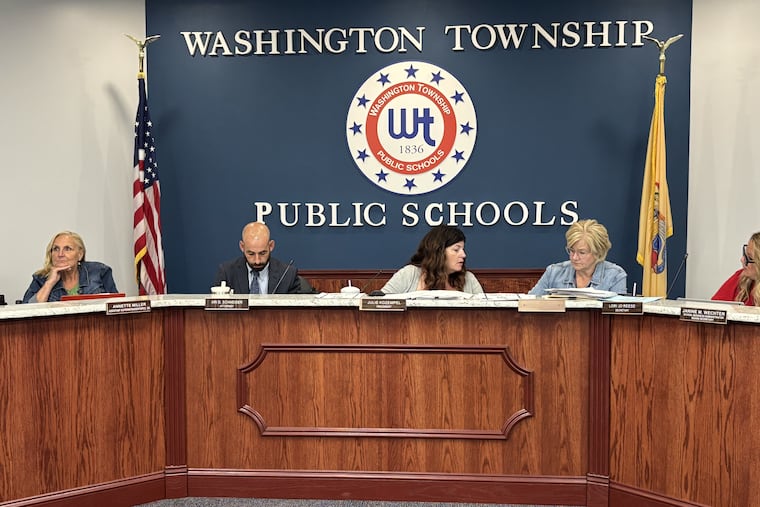Eagles owner Jeffrey Lurie and family donate million to Children’s Hospital of Philadelphia and Penn for autism research institute.
In a significant stride towards advancing autism research, Philadelphia Eagles owner Jeffrey Lurie and his family have committed million to establish a dedicated research center aimed at exploring the causes and treatment options for autism. This initiative will take place in collaboration with the Children’s Hospital of Philadelphia (CHOP) and Penn Medicine, as announced by both organizations. The Lurie Autism Institute will serve as a pivotal institution focused exclusively on autism across all age groups, marking the largest contribution made for academic medical research in this specific domain.
The funding aims to enhance pre-existing research efforts at both CHOP and Penn, bringing together scientists and facilitating additional resources to tackle what Lurie identifies as one of the most intricate challenges in contemporary science and public health. Recent advancements in neuroscience, genetics, and artificial intelligence have opened new avenues for understanding autism, providing a timely opportunity for groundbreaking research.
Lurie’s involvement is deeply personal; his philanthropic journey in support of the autism community has been largely influenced by his brother, who is on the autism spectrum. His family’s commitment to autism-related initiatives can be traced back to 1977 when Lurie’s mother founded the Nancy Lurie Marks Family Foundation, dedicated to helping individuals with autism lead fulfilling lives. Furthermore, Lurie established the Eagles Autism Foundation in 2018, fostering even greater community outreach and support.
The Centers for Disease Control and Prevention (CDC) reports that approximately 1 in 32 children and 1 in 45 adults in the United States has autism, which presents along a spectrum with varying degrees of intellectual and social capabilities. Recognizing the dispersed nature of autism research, Lurie sought to create a scientific epicenter, ultimately leading him to the combined strengths of Penn Medicine and CHOP in University City.
Together, these institutions have 47 research teams focusing on autism, with faculty members leading over 120 National Institutes of Health grants. This collaboration is expected to yield significant advancements in understanding autism across the entire lifespan, emphasizing the evolution of behaviors and challenges faced by individuals with autism.
The Lurie Autism Institute aims to become a global hub for autism research, addressing the frustrations stemming from decades of stagnant progress in the field. An international search for the founding director of the institute is set to begin, marking a new chapter in autism research with aspirations for transformative impact in the community.
This million commitment aligns with other notable philanthropic endeavors at Penn and CHOP, including a recent 0 million gift from philanthropists Anthony and Catherine Clifton. The two institutions continue to cultivate a robust research environment, bringing together various scientific expertise to advance understanding and treatment of autism.
Experts anticipate the Lurie Autism Institute will focus on the interplay between environmental exposures and genetic predispositions, a relationship that has been largely understudied in the context of autism. This comprehensive approach could facilitate a deeper understanding of autism and foster innovative interventions to support individuals affected by the disorder.
In conclusion, the establishment of the Lurie Autism Institute not only provides substantial financial backing but also signals a committed effort to unify and accelerate research in autism, heralding a promising future for those impacted by the condition.







